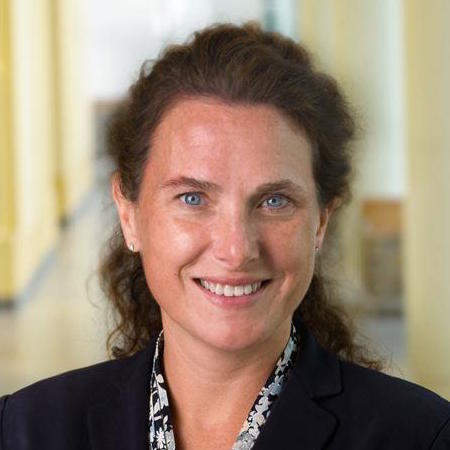When it comes to cancer research the more data, the better. That is the premise behind the Oncology Research Information Exchange Network (ORIEN). The research initiative brings together 19 accomplished cancer centers to accelerate the progress of cancer research and improve clinical care.
The University of Colorado Cancer Center joined the collaboration in 2015 and has since enrolled 5,000 participants in a research protocol that gathers tissue samples and clinical and epidemiological data. The patient is then followed throughout his or her cancer experience.
“We are grateful to the men and women enrolled in this protocol,” says Virginia Borges, MD, the principal investigator for the ORIEN Total Cancer Care® (TCC) research protocol at the CU Cancer Center. “The more data we collect the better our chances of better understanding how cancer works and how we can treat it more effectively.”
The CU Cancer Center was the leading institution for opening ORIEN collaboration collecting data at multiple sites. Participants are enrolling at UCHealth University of Colorado Hospital in the Denver metro area, UCHealth Memorial Hospital Central in Colorado Springs, and UCHealth Poudre Valley Hospital in Fort Collins.
“Enrolling patients along the Front Range is an accomplishment,” says Borges. “It allows more Coloradans to take part and demonstrates the commitment to research we share with our clinical partners at UCHealth.”
ORIEN member institutions, like CU Cancer Center, enroll participants in the TCC creating a standard system for tracking patient molecular, clinical and epidemiological data. Consented patients agree to be contacted for future studies, playing an active role in the study of their cancer and improving care down the line for others with cancer.
“As an ORIEN member, we share information and research resources,” says Borges. “We are stronger when we work together in designing clinical trials and developing drugs and clinical interventions more efficiently to bring them to patients. This sharing helps patients in the long run because we can determine more quickly whether a particular treatment is likely to be effective.”
Scientists will have access to an extensive database of patient information, basic science research and clinical trials. Scientists and physicians can be more confident of their conclusions when the sample size is larger.
“We have been part of ORIEN for several years,” says Borges. ”Our researchers are now discovering the wealth of information available to them. Many are developing innovative ways to use the data. I can’t wait to see what our investigators uncover.”
CU Cancer Center participants with nearly all forms of cancer or at high risk for cancer due to an inherited cancer-promoting gene are currently enrolled in the protocol.
Nationally, ORIEN institutions have collected data from approximately 250,000 participants. In addition to CU Cancer Center , those institutions are Moffitt Cancer Center, Ohio State University Comprehensive Cancer Center, City of Hope, University of Virginia Health System Cancer Center, University of New Mexico Comprehensive Cancer Center, Morehouse School of Medicine, Rutgers Cancer Institute of New Jersey, USC Norris Comprehensive Cancer Center, John P. Murtha Cancer Center, Huntsman Cancer Institute, Dartmouth-Hitchcock Norris Cotton Cancer Center, Stephenson Cancer Center, Holden Comprehensive Cancer Center, Roswell Park Comprehensive Cancer Center, Markey Cancer Center, Indiana University Melvin and Bren Simon Cancer Center, GW Cancer Center and Emory-Winship Cancer Institute.




